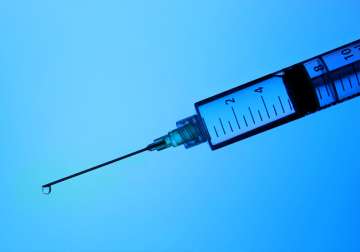The huge costs associated with healthcare in India have become a serious concern, with reports blaming the costly services as among the primary reasons why people slide into poverty here.
According to a Times of India report, patients are overcharged by billions of rupees every year. Citing several examples of high medical facilities, it claimed that Indians pay as high as five times more the cost of a syringe.
It said that a syringe costs around Rs 1.50 to Rs 2 to make, but common patients buy it at five times the sum. Likewise, the import price of a popular hip implant is Rs 8,906, but it costs around Rs 1.29 lakh in the patient’s bill.
Recently, the National Pharmaceutical Pricing Authority (NPPA) issued a notification capping the prices of cardiac stents at Rs 29,600 apiece. The NPPA fixed the prices following complaints that patients had to, in some cases, pay over 700 times the import price.
According to an estimate, around six lakh cardiac stents are sold across India every year. With this once easily guess the amount of profit medical companies and hospitals have been making.
In July last year, the Health minister had issued a notification that included coronary stents under the National List of Essential Medicines (NLEM). Drugs and devices listed in the NLEM have to be sold at the price fixed by NPPA.
This was after the Delhi High Court sought government action on a PIL appeal seeking price control on stents.
While the price cap on stents may bring some relief to patients suffering from blockage in arteries, millions of syringes, cannulae or eye lenses, too, are sold at highly inflated prices.
The report, while citing a distributor, said that margins of 300 per cent, 600 per cent or more are common in orthopedic implants for the knees or hips.
One of India's most commonly used knee implant costs Rs 46,000 to patients but is imported at only Rs 9,264, it said.
Health activist and national convener of the Jan Swasthya Abhiyan termed these prices as the ‘daily Indian scam’.
"There is a daily scam happening, but it doesn't make an impact because it is scattered across the country," he said.
Rajiv Nath, who owns the country's biggest syringe manufacturing unit and is the coordinator of AIMED (Association of Indian Medical Devices Industry), said, "There have been many discussions on the inflated prices of ortho implants and syringes, but nothing has been done so far."
Latest India News
